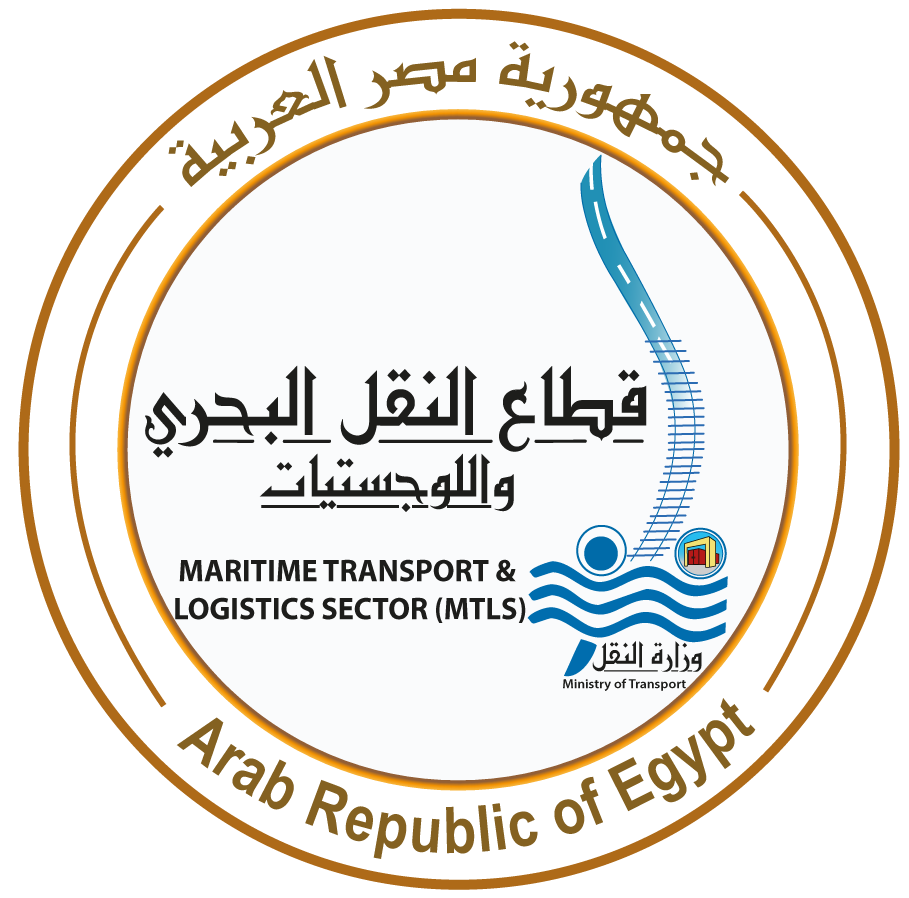Rear Adm. Reda Ahmed Ismail, president of MTS stated that the strategy of the Ministry of Transport is not limited to the concept of transportation of goods, it includes the application of sustainable development to establish an integrated and developed system for the pivotal and logistical ports on both the Mediterranean and Red Seas, stressing that Egypt can be Africa’s gateway to Europe and the world as well as a center for energy resources, trade and logistics at the regional, African and global levels.
“We are working to connect Egypt with its regional and international surroundings. We have developed a comprehensive strategy to transform Egypt into a global center for energy resources, trade and logistics and to benefit from the new national network of roads and tunnels in an integrated and comprehensive vision” added Ismail during the plenary session of The Red Sea Conference on Shipping and Logistics.
“The Ministry of Transport is implementing a comprehensive plan to develop and modernize shipping system including means of transport and networks. The transport sector is considered to be a vital sector of development and is closely linked to all other sectors of the State” continued Ismail.
He pointed that the development process of Egyptian commercial ports aims at increasing the competitiveness of the Egyptian maritime transport, attracting regional and foreign investments and achieving integration among the Egyptian ports. In addition, the Strategy will develop all transport services and improve the infrastructure of ports in order to comply with market economies and international standards. Furthermore, it attempts to upgrade human resources, update national legislation and keep pace with international Conventions and obligations as well as converting the Egyptian ports to green ports.
He pointed out that the pros we have are represented in the relatively dense and cheap labor, stable work systems that operate in accordance with the concerned regulations and laws, the proximity of Egyptian ports to the Suez Canal, the abundance and multiplicity of sea ports, the extension of Egyptian coasts as well as the strategic attempt of the Egyptian State to update legislation in order to simplify procedures and encourage investment in maritime transport domain.
He clarified that the positive outlook for the growth of the Egyptian economy provides a favorable climate for investments. Constructing new ports, developing Suez Canal Axis in the northwest region of the Gulf of Suez, possessing huge natural resources such as natural gases and petroleum will all transfer Egypt into a regional center for energy production and re- exportation.
By 2030, the Ministry of transport targets to reach 350 million tons of goods with an increase of 89% compared to the current capacity. 7,000 km of highways and main roads will also be constructed, bringing the network lengths to 30,000 km. Bridges and other forms of infrastructure will be constructed on the river Nile. Currently, a network of electric trains with a length of 2000 km has been established, 3125 km of waterways have been developed and dredged, 8 dry ports and 5 logistic areas have been established, with a capacity of 5 million equivalent annually.
The Ministry is implementing an integrated strategy to develop the maritime transport system, given that maritime transport is pivotal element in the supply chain. He stressed that seaports are the main hub in shipping industry. Seaborne trade represents nearly 90 % of Egypt’s foreign trade considering the fact that Egypt has about 15 commercial and 39 specialized ports.
He further added that in respect of the digitalization of shipping, the Ministry has developed a comprehensive plan to automate ports in cooperation with other concerned Authorities such as Customs Services so as to simplify customs release procedures in ports. In the context of transforming Egyptian ports to smart ports , several procedures were taken such as booking of trucks via port Authorities’ web site , electronic single billing of ships and automated connectivity of all concerned authorities.
“The average of Egypt’s trade share with Africa is about 6% in the last 4 years with an expected limited increase in the short run, whereas Europe is considered to be our major partner with an average of 47% of our trade” continued Ismail. “The Common Market for Eastern and Southern Africa (COMESA) is an important regional economic community in Africa with 21 member States. Egypt’s membership in COMESA is of significant importance as the volume of trade exchange between Egypt and the COMESA countries in the year 2020 reached 3 billion dollars” concluded Ismail.
Source :
